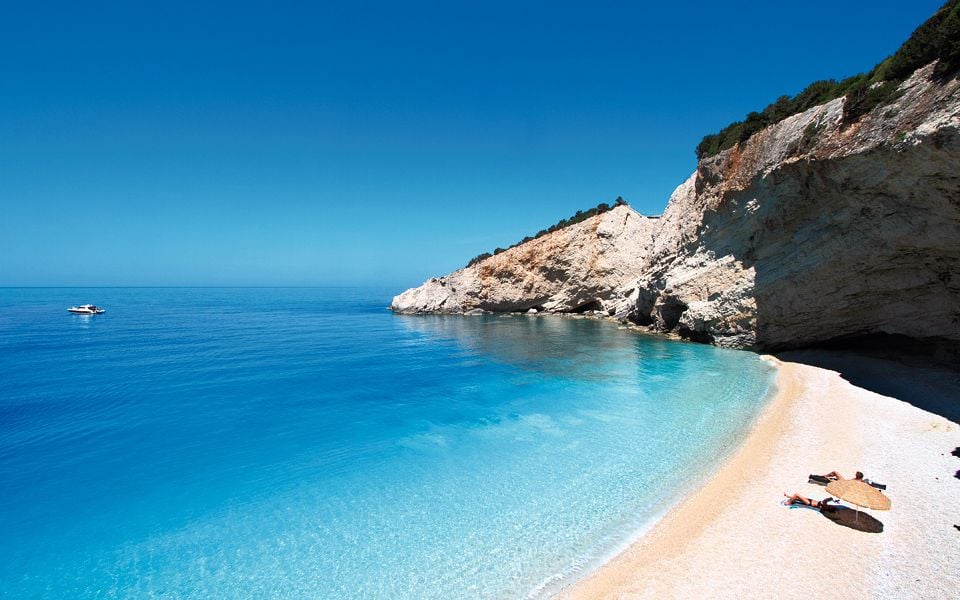Greece, with its sun-drenched islands, crystal-clear waters, and rich history, is a top destination for summer vacations. From the bustling streets of Athens to the serene beaches of Crete and the iconic whitewashed villages of Santorini, the Greek summer offers an idyllic escape for travelers seeking relaxation and cultural immersion. However, beneath this tourist paradise lies a starkly different reality for local workers, characterized by a hostile work environment that clashes with the American mentality of work-life balance.
A Vacationer’s Dream
Summers in Greece, spanning June to August, bring warm temperatures averaging 24–35°C (75–95°F), tempered by refreshing sea breezes, especially on the islands. Popular destinations like Mykonos, Rhodes, and Corfu attract millions with their stunning landscapes and vibrant nightlife. Travelers can explore ancient ruins like the Acropolis, swim in secluded coves such as Sarakiniko Beach on Milos, or enjoy fresh seafood and Mediterranean cuisine. The laid-back lifestyle, with long evenings spent sipping ouzo or watching sunsets, embodies the Greek approach to leisure, making it a perfect getaway for those escaping the hustle of daily life.
The affordability adds to the appeal—accommodation outside peak tourist zones can be 85% cheaper than in cities like New York, and the Mediterranean diet of fresh produce and seafood enhances the experience. With over 300 days of sunshine annually, summer is the ideal time to visit, offering a blend of adventure and tranquility that draws visitors from around the world.
The Hidden Work Environment
Contrastingly, the summer season reveals a hostile work environment for those sustaining Greece’s tourism-driven economy. Seasonal workers—waitstaff, cleaners, and beach service staff—often face grueling conditions. Shifts of 10 hours or more, with minimal breaks, are common, and many work seven days a week from April to November without rest days. Living conditions are equally challenging, with workers sometimes housed in cramped, outdated rooms or containers, sharing limited facilities like a single bathroom for 25 people. Reports of exploitation, including unpaid wages, last-minute job cancellations, and even physical mistreatment, highlight the strain on this workforce.
This intensity stems from the peak tourist season, where Greece’s economy relies heavily on the influx of visitors. However, the lack of labor protections, compared to the EU average, and the pressure to maximize profits create a cycle of burnout. Young workers, like university students seeking summer income, often return exhausted, their vacation interrupted by demanding hours rather than enjoyed.
Clash with American Mentality
For Americans accustomed to a work culture that values productivity but also advocates for work-life balance—evidenced by growing calls for paid leave and shorter hours—this Greek work environment feels alien. In the USA, 49% of employees miss lunch weekly due to work demands, yet there’s a push for rest, with 34% reporting satisfaction with work-life balance (far below Europe’s 51%). In contrast, Greece’s seasonal workers embody a “live to work” ethos during summer, driven by economic necessity rather than choice, which starkly opposes the American ideal of “working to live.”
The American expectation of structured breaks, fair wages, and personal time clashes with Greece’s informal, high-pressure tourism sector. Cultural norms like the siesta, common in southern Europe, are overshadowed by the relentless pace of summer work, leaving little room for the relaxation Americans might seek even in a job. This mismatch makes the Greek work environment particularly unsuitable for those with an American mentality, where mental health and leisure are increasingly prioritized.
Navigating the Paradox
For vacationers, Greece’s summers remain a paradise, with opportunities to support local economies by engaging with small businesses and respecting cultural norms. However, awareness of the workers’ struggles adds a layer of responsibility—choosing destinations and services that prioritize fair labor practices can help. For those considering work in Greece, the hostile conditions suggest a need for caution, especially for Americans unaccustomed to such demands.
In conclusion, Greece’s summer allure is undeniable for tourists, offering a picturesque escape. Yet, the hostile work environment beneath this beauty, ill-suited to the American work-life balance mindset, reveals a complex reality. Visitors can enjoy the paradise while advocating for the well-being of those who make it possible.
